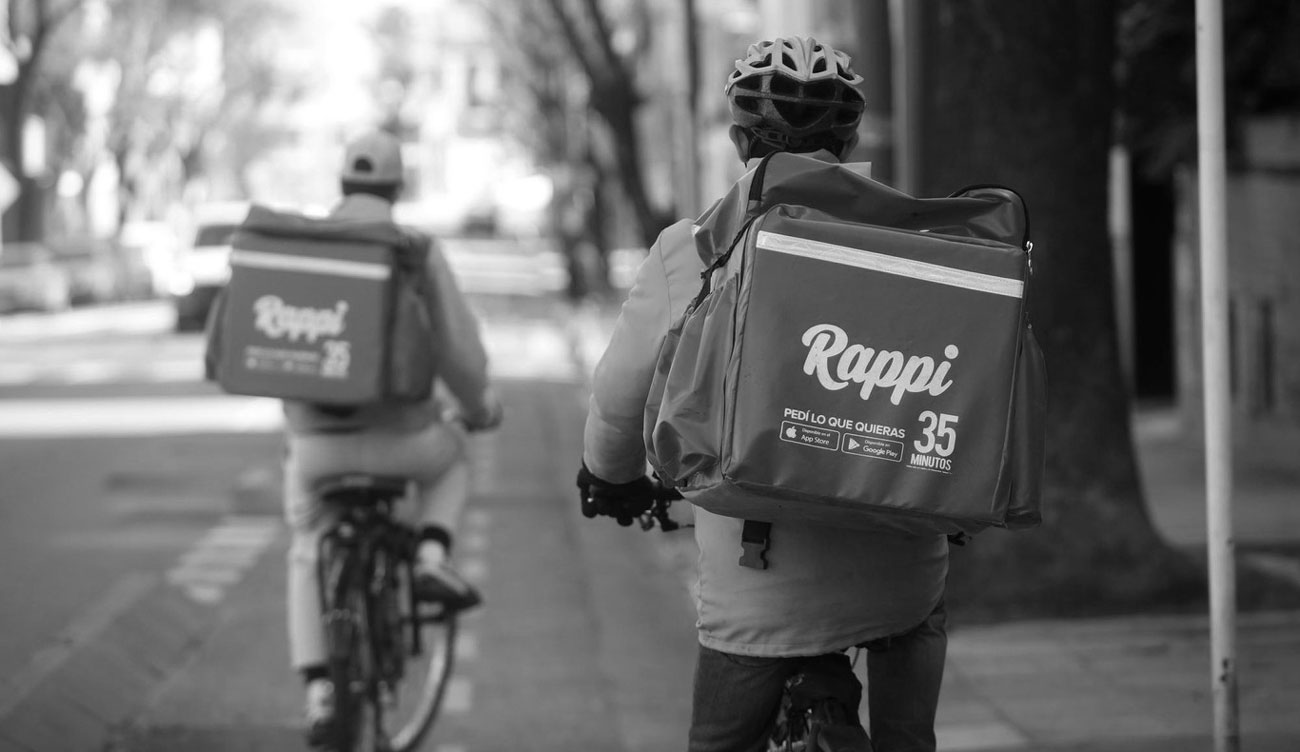Contxto – The saga continues. And like a Disney-backed, spinoff-sequel, the questionable decisions are starting to pile up.
You remember the preceding episodes, right? The one in which Uber was been banned by the Colombian government? The suit, specifically served by the Superintendency for Industry and Commerce, accusing Uber of constituting a form of disloyal competition?
Related article: Colombia kicks ride-hailing Uber and Picap to the illegal curb
Well, the United States-based ride-hailing app has gone and done it and has now officially appealed the decision—as expected.
However, what wasn’t immediately apparent was on what basis Uber would counter. Well, now it is clear that it has deployed a multi-pronged attack, by cracking out its ultimate weapon…
The Empire strikes back
Legal frameworks are convoluted things, so what we got to see today wasn’t so much a door for potential negotiations.
The company sent the Superintendency this document outlining its issues with the ruling, going on about how it was producing jobs in Colombia and so on and so forth. But then, Uber pulled out the big guns by invoking the United States government itself.
You see, Uber believes it has been wronged on the basis of a violation of Colombia’s Free Trade Agreement (FTA) with the US. The document stated:
“Both Uber and Uber Colombia possess protected investments under the current FTA… Therefore, in light of this fact, Uber and Uber Colombia demand a resolution to the conflict via consultation and negotiation.”
A distinct essence of fish in the air
The counter-attack also points out a more sinister worry held by Uber’s lawyers. They accuse the Colombia Government of foul-play. They claim that the Superintendency deliberately made its decision on the very last day of the Colombian judicial calendar. The resulting effect—and the government’s presumed intention—would be to block any possibility for quick revision of the case.
Timing here is important since the government and the company legally have a fixed amount of time to table talks to decide Uber’s future. However, this period is limited to six months. A split second on planet Bureaucrat.
But it isn’t just Uber that smells a rat, and the company knows it. Therefore, it has sent a special appeal to the court of public opinion. Unsurprisingly, many commentators left into the webosphere to defend the ride-hailing app. Most claim that the government was in fact in cahoots with the traditional taxi drivers’ union.
That was certainly our multimedia manager, César Miramontes’, reaction to the whole affair. See for yourself by checking out his articulate, Spanish-language rant in this episode of our podcast, En Contxto. Keep in mind, expletives had to be edited out.
Considering all this, you can trust that this Uber v. Colombia episode is only set to further inflame passions as it advances. We’ll keep you posted.
Wanna hear more? We recommend you listen to the following podcast episode: Uber contra el gobierno colombiano (Continuación) y la aparente “tendencia” de la rentabilidad. Time stamp available in the description.
-AG





